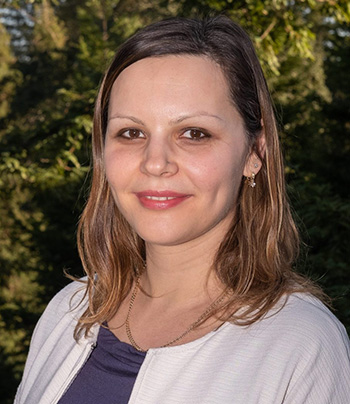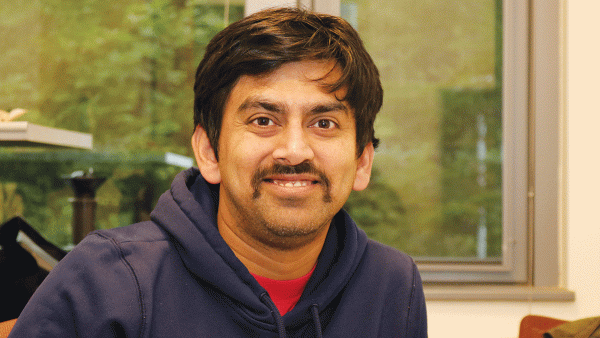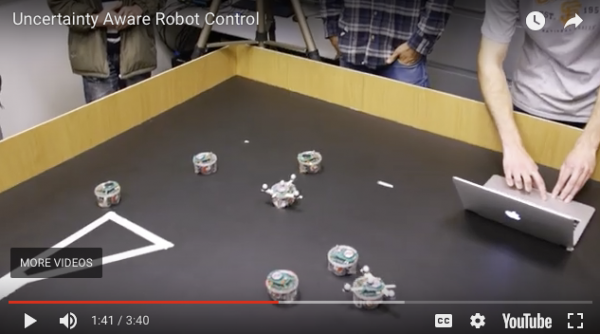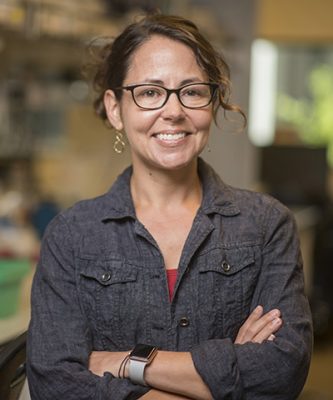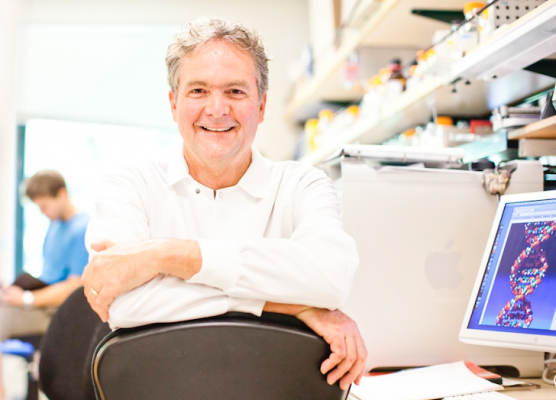The St. Baldrick’s Foundation, the largest private funder of childhood cancer research grants, has awarded a fourth year of funding to the UC Santa Cruz Genomics Institute to support the Treehouse Childhood Cancer Initiative. The $400,000 grant from the Emily Beazley Kures for Kids Fund recognizes the Treehouse Initiative’s efforts to bring the power of genomics and big-data analytics to bear on the challenge of finding effective treatments for children with cancer.
“We are very grateful to St. Baldrick’s and the Emily Beazley Kures for Kids Fund for believing in us,” said Olena Vaske, assistant professor of molecular, cell, and developmental biology at UC Santa Cruz. “We hope that our work will lead to better treatments and eventually cures for every child with cancer.”
Vaske cofounded the Treehouse Childhood Cancer Initiative with David Haussler, professor of biomolecular engineering and director of the Genomics Institute. She holds the Colligan Presidential Chair in Pediatric Genomics at UC Santa Cruz.
The Treehouse Childhood Cancer Initiative partners with clinical teams and hospitals that care for children with rare and hard-to-treat cancers, providing comparative genomic analysis to help inform treatment decisions. To improve the scientific rigor of their analysis, the Treehouse team is also focusing on validating the genomics findings through laboratory research in pediatric cancer models. This research could pave the way for the team’s innovative precision medicine genomics approach to be integrated as part of standard care within the clinic.
The Emily Beazley Kures for Kids Fund Hero Award is a special honor recognizing the ongoing work of the Treehouse team. Emily Beazley was diagnosed with Stage III T-cell lymphoblastic non-Hodgkin’s lymphoma, an extremely aggressive cancer. She stayed positive and inspirational throughout her three relapses. The Kures for Kids Fund, which she named, is dedicated to making sure that research thrives and brings new options for children like Emily.
“At Treehouse, we are dedicated to this goal and will use the support we receive to bring comparative genomics insights to the most difficult of cases,” Vaske said.

